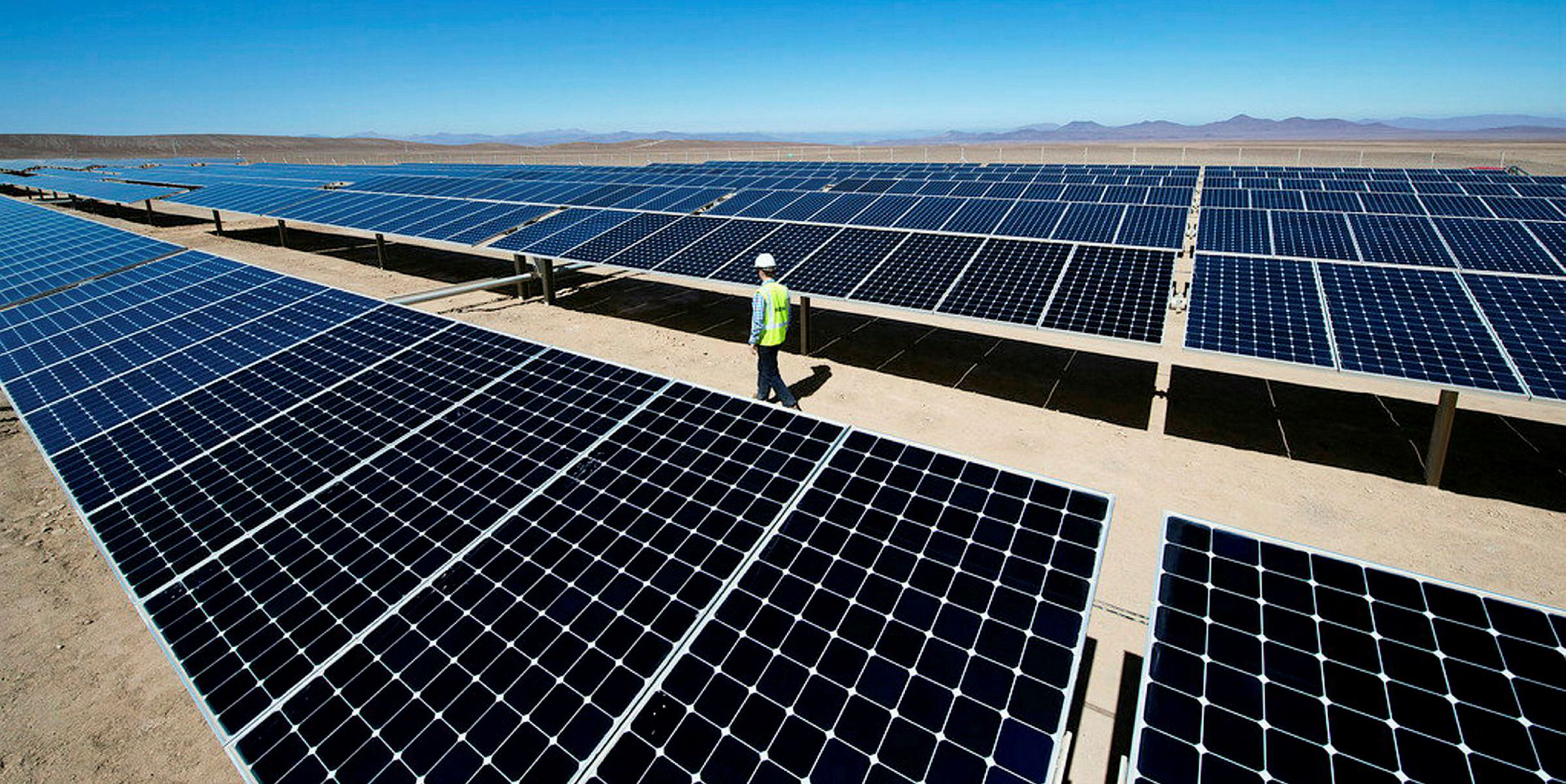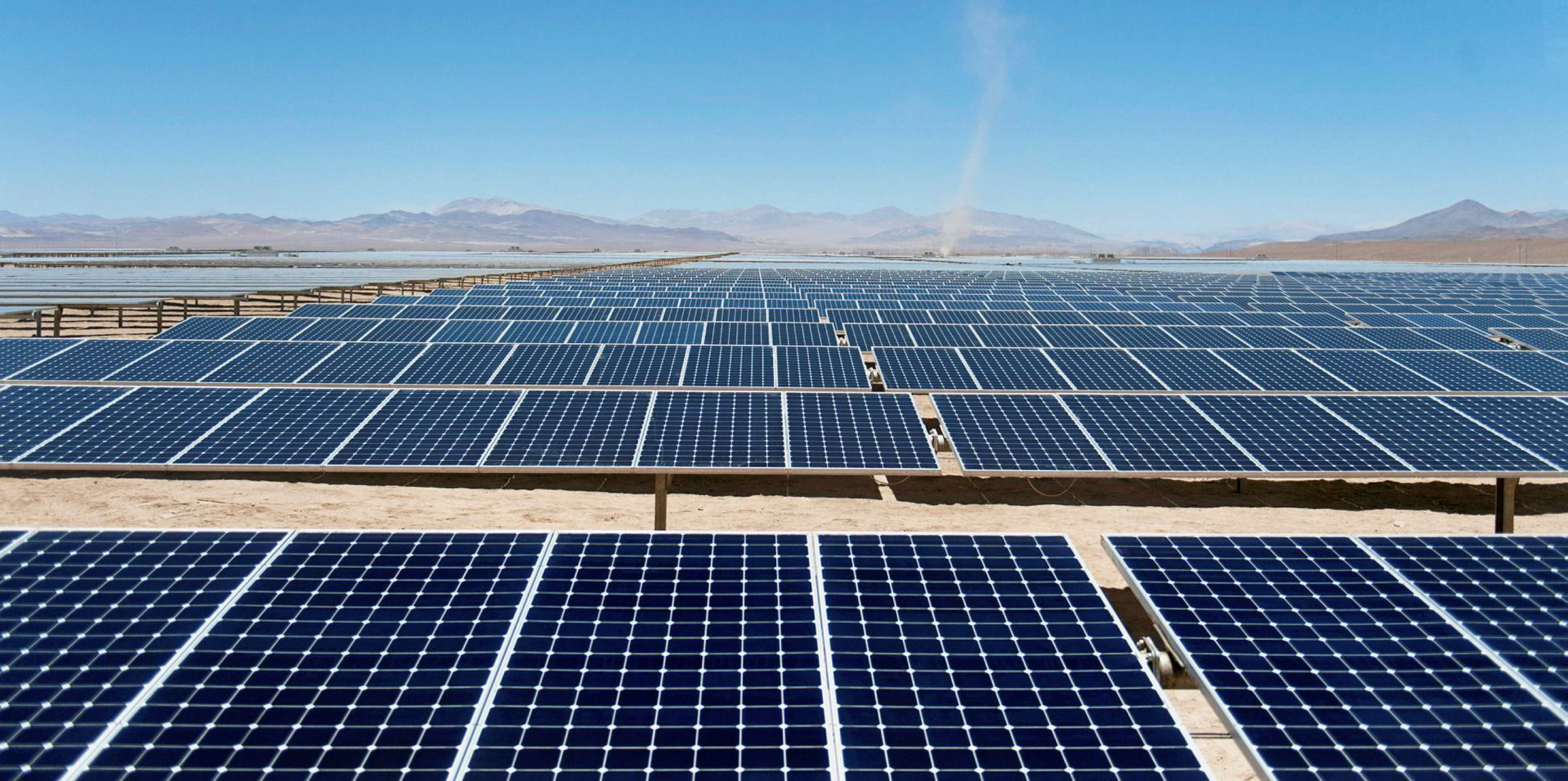French energy giant Total has begun construction of a 52MW PV plant in Osato, Japan, its biggest solar farm so far in the island nation.
The Miyagi Osato project, being built in line with Japan’s stringent earthquake-resistant construction codes, will be equipped with 116,000 SunPower Maxeon high-efficiency PV panels.
“The Miyagi Osato solar park is Total’s third and biggest solar plant in Japan, which will allow us to reach a cumulated capacity of over 100MWp in the country,” said Julien Pouget, senior vice-president for renewables at Total.
“This project is in line with Total’s commitment to develop renewable production capacities worldwide and in particular in the Japanese market, where we actively pursue our development.”
The plant, slated for start-up in 2021, will be operated by special purpose company Miyagi Osato Solar Park GK, majority-owned by Total, with 90%, alongside SB Energy, a subsidiary of Japan’s SoftBank Group, which holds the remaining 10%.
Total’s other two Japanese solar power assets are 25MW Miyako, switched on last year, and the 27MW Nanao, online since 2017.
“With the launch of construction of its third PV plant in Japan, Total continues to progress with its expansion into large-scale renewable energy development,” said Wood Mackenzie senior analyst Tom Heggarty.
Total’s interests in renewable energy range from investments in US PV outfit SunPower and Lithium-ion battery maker Saft to onshore wind projects via its South American subsidiary Total Eren.
Most recently, it announced a tie-up with Chinese clean energy group Envision to develop distributed solar projects in China and, last month, also revealed plans to break into the UK offshore wind market, repositioning a strategy that in 2017 still treated the now mainstream sector as one it would “potentially, possibly” invest in.
“Total is now active across the PV value chain. Its SunPower subsidiary manufactures PV modules with a focus on the distributed generation market. Additionally, Total is developing large-scale installations organically through Total Solar and its minority stake in Total Eren,” said Heggarty.
“This is a continuation of a trend among the European oil & gas majors, with Shell, BP, Equinor, Eni and Repsol all now active participants in the global solar PV market.”
Despite Japan being widely perceived as a declining market for large-scale (ie, >1MW) PV, Wood Mackenzie expects installation of close to 7GW of large-scale solar capacity in the next five years.
“There remains a considerable pipeline with attractive FIT [feed-in tariff] rates that were awarded several years ago. Projects are difficult to execute and costs are high compared to other markets,” noted Wood Mackenzie analyst Rishab Shrestha.
“However, the legacy awarded FIT projects of over $200/MWh remain attractive for those that are able to take it to the finish line, especially with the backdrop of decreasing solar costs.”


